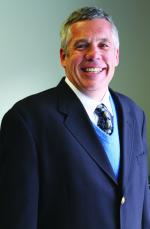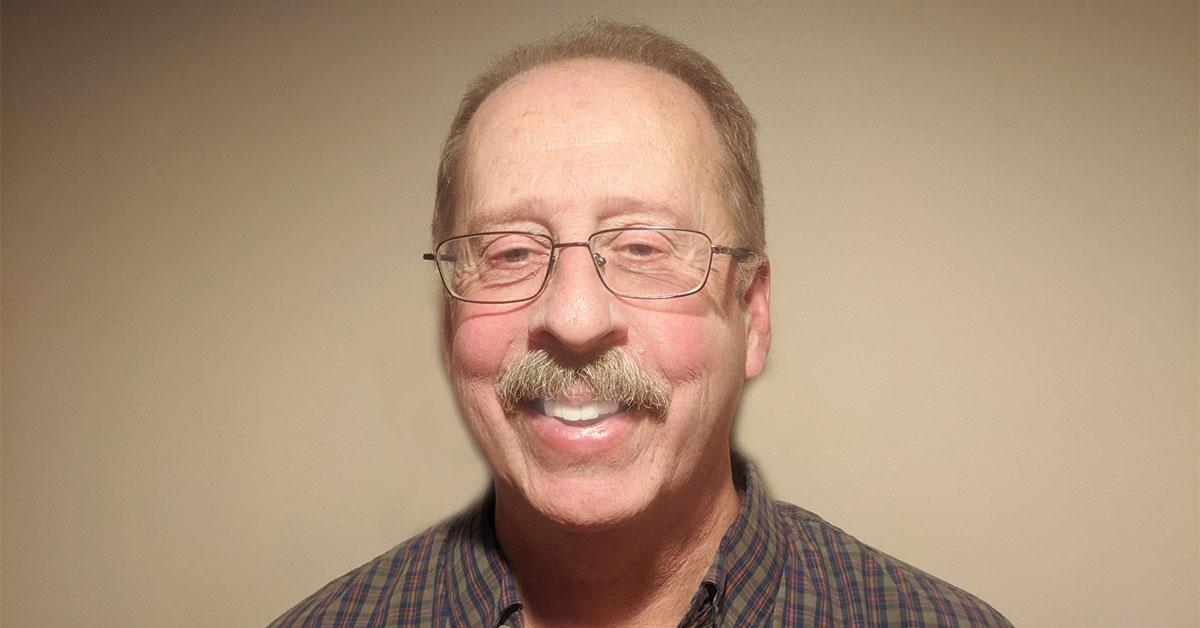CHICAGO — Perc is a big issue in our drycleaning world. Anything related to perc gets our attention.
Coming later this year in December, the Fed will ban co-located residential perc machines. Does your business use a perc machine in a location shared with a residence? If so, are you taking steps to make the needed adjustments? I’ve invited Eric Wade, retired chief of the enforcement section of the New York State Department of Environmental Conservation, to a Q&A session all about this topic, where we can hear his views, expressed as a private citizen, about this coming regulation that concerns public health protection and our fabricare industry.
Let’s join the conclusion of the chat…. Welcome Eric:
Tim: “New York City has the most co-located residential perc machines, how does this coming change in perc regulation affect drycleaning owners there?”
Eric: “Like all other areas of the country, all co-located residential perc drycleaning facilities in New York City must stop using perc after December 21, 2020. While the 15 year phased-in transitional period has worked well for most parts of the country, it has not worked as well for the New York City area where most of the perc drycleaning facilities are located in co-located residential buildings.
“The transition to an alternative solvent has been slowed or blocked by the local fire and zoning code requirements. Because of these local fire and zoning code requirements I expect many affected perc drycleaning facilities will shut-down or become drop shops.”
Tim: “Can you explain New York City’s unique situation and how its more restrictive fire codes play a part?”
Eric: “In New York State, 92 percent of all co-located residential perc drycleaning facilities are located in New York City where the local fire code requires the installation of costly automatic sprinkler systems for facilities that switch to an approved class III alternative solvent.
“These sprinkler systems can be very costly and most of these facilities typically have a five-year lease with a five-year option to renew. This required building improvement, payable by the tenant, is not typically seen as a sound long-term investment, especially when compared to the much cheaper option of opening a new shop where the corresponding regulations are less stringent.
“Outside of New York City and under the New York State fire code, dry cleaners are not required to install automatic sprinkler systems where alternative solvent machines are equipped with integrated fire extinguishing systems and/or safety features that minimize the fire/ explosion risk.
“Alternative solvent dry cleaners in New York City are also affected by the local zoning code requirements for most commercial districts which limit facility size to 2,000 square feet of floor area and the total aggregate machine capacity to 60 pounds. Both of these requirements indirectly effect the transition to alternative solvents by limiting future expansion and allowing only one drycleaning machine per facility.”
Tim: “Is December 21, 2020, a firm date, or is there a possibility of it being changed, and when do you think that might be announced?”
Eric: “It is my belief that the 2020 ban date will not be changed because it was first proposed and adopted following an in depth study almost 15 years ago in EPA’s 2005 and 2006 revisions to the National Perchloroethylene Air Emission Standards for Dry Cleaning Facilities, 40 CFR Part 63, Subpart M. This view is shared by the National Cleaners Association and the Halogenated Solvents Industry Alliance.”
Tim: “Can you share a tip with drycleaning owners about how to find out more information about this coming regulation?”
Eric: “Information and a summary of the new regulatory requirements of New York State’s recently revised and adopted drycleaning regulation (6 NYCRR Part 232) can be found on the department’s webpage at: https://www.dec.ny.gov/chemical/8567.html/.”
Tim: “Anything else you’d like to add about this new national law on co-located residential perc machines coming December 21, 2020?”
Eric: “I support the 2020 Federal ban as I believe it is needed for public health protection.”
Thanks Eric for being with us today and explaining the topic of the coming Dec. 21, 2020, Federal Regulation banning co-located residential perc machines.
To read Part 1, go HERE.
Have a question or comment? E-mail our editor Dave Davis at [email protected].


